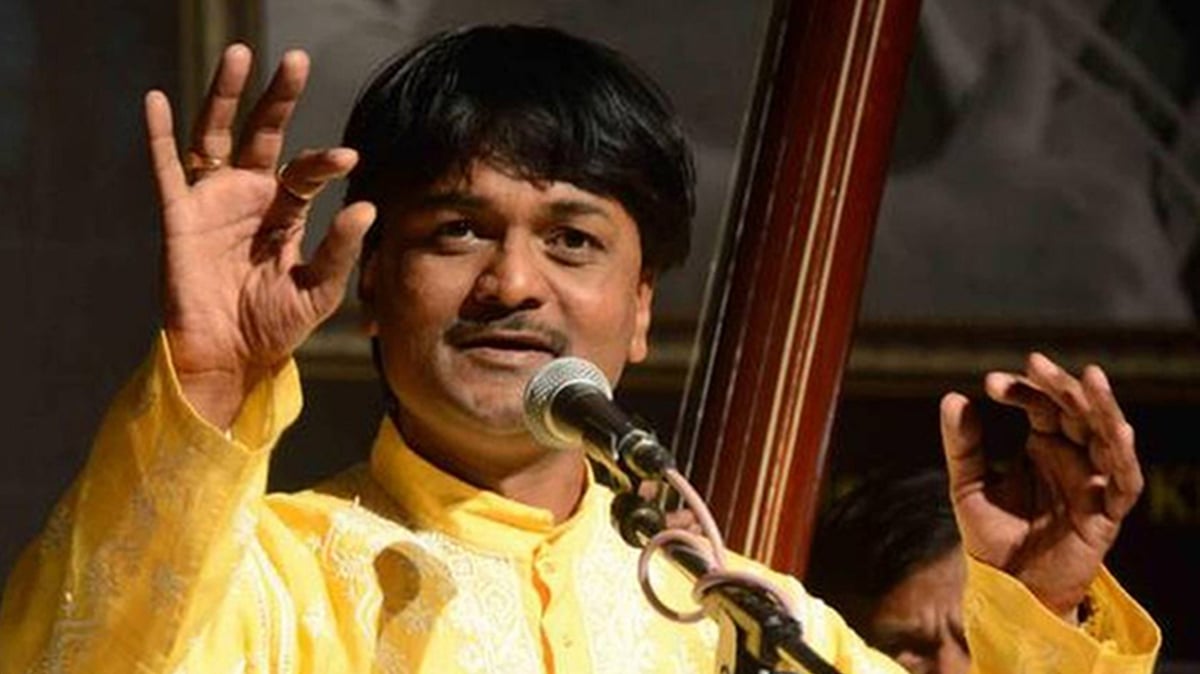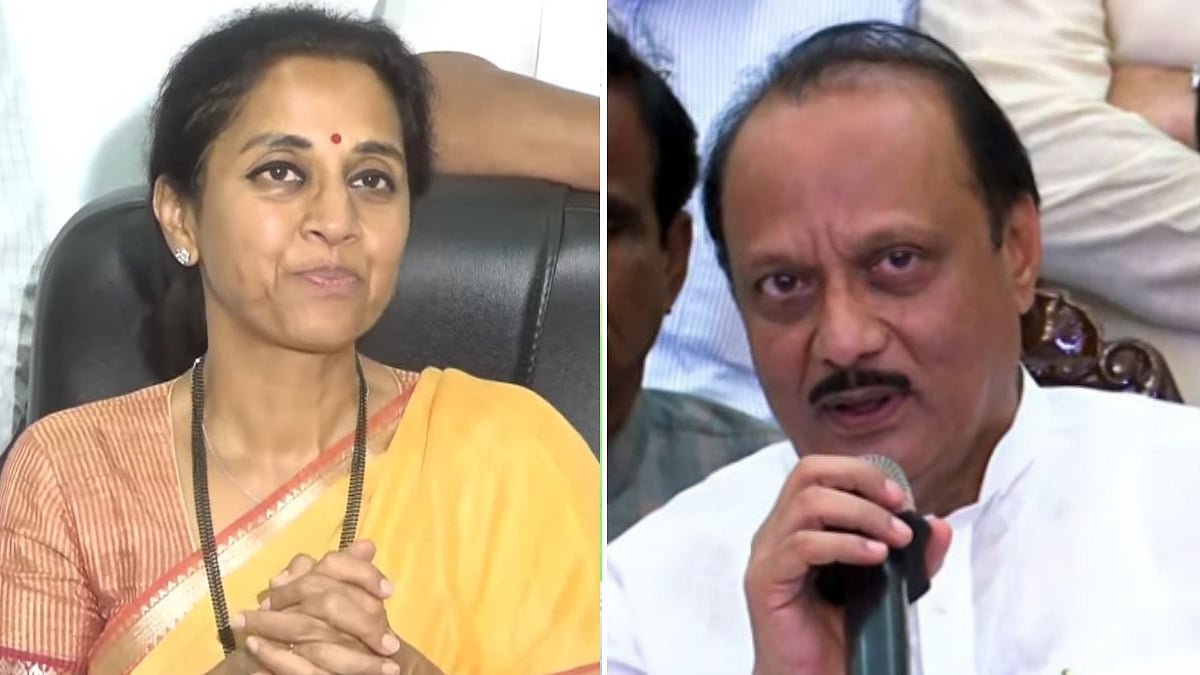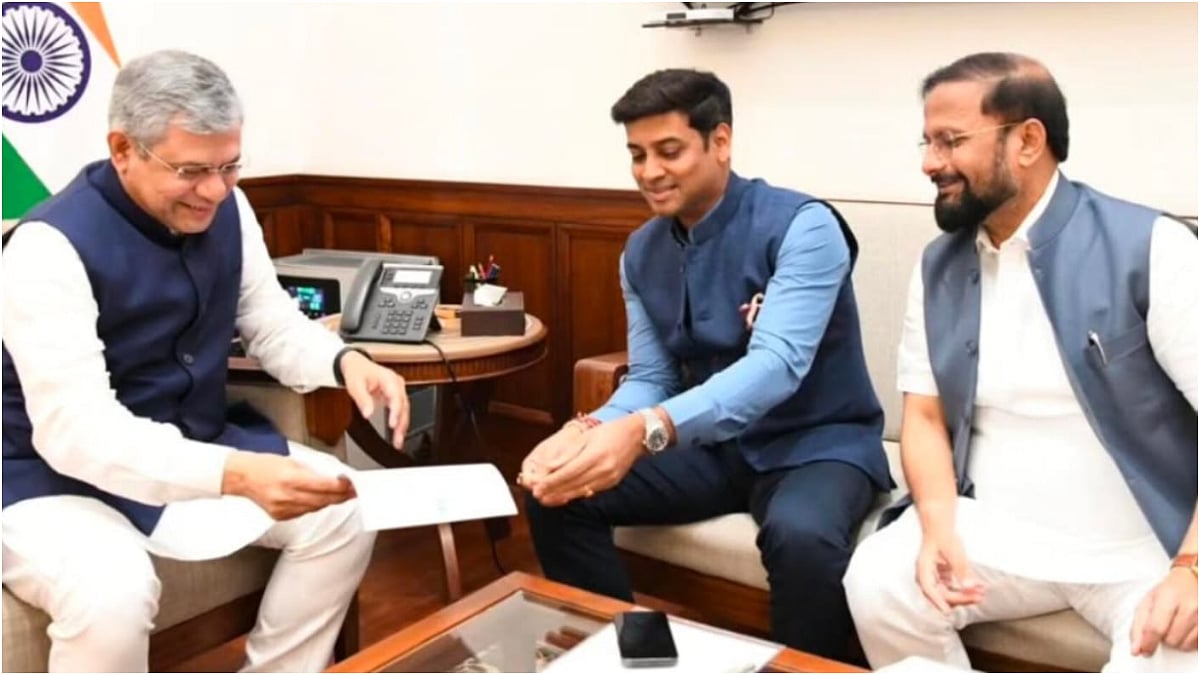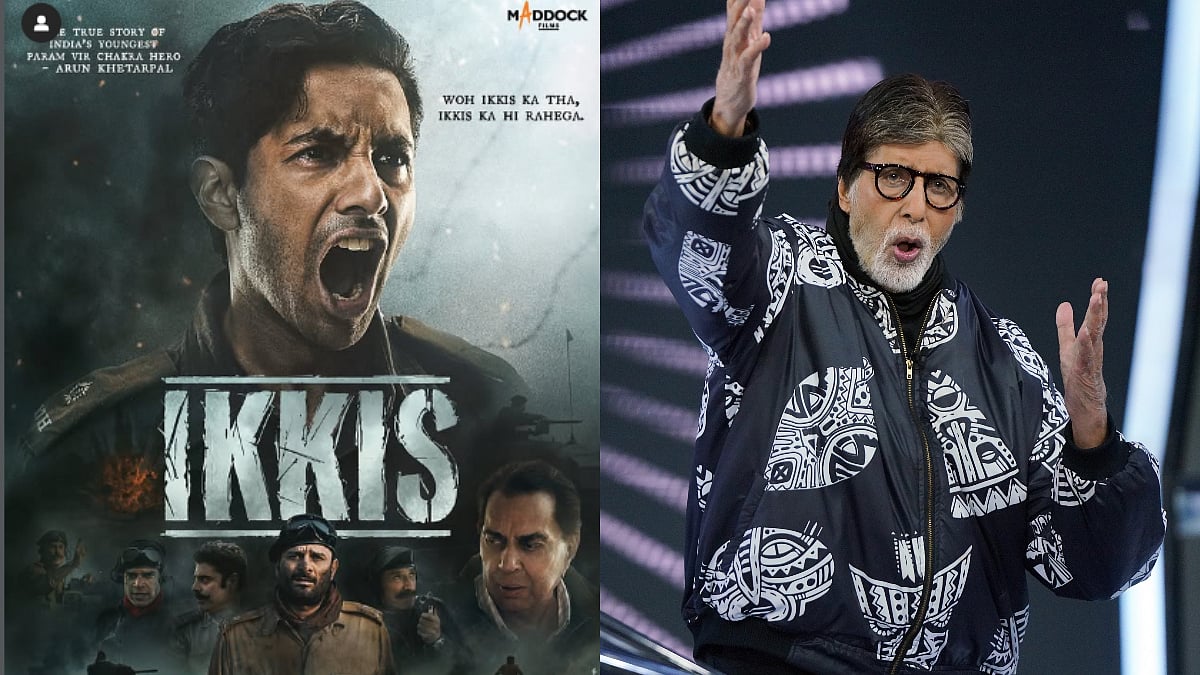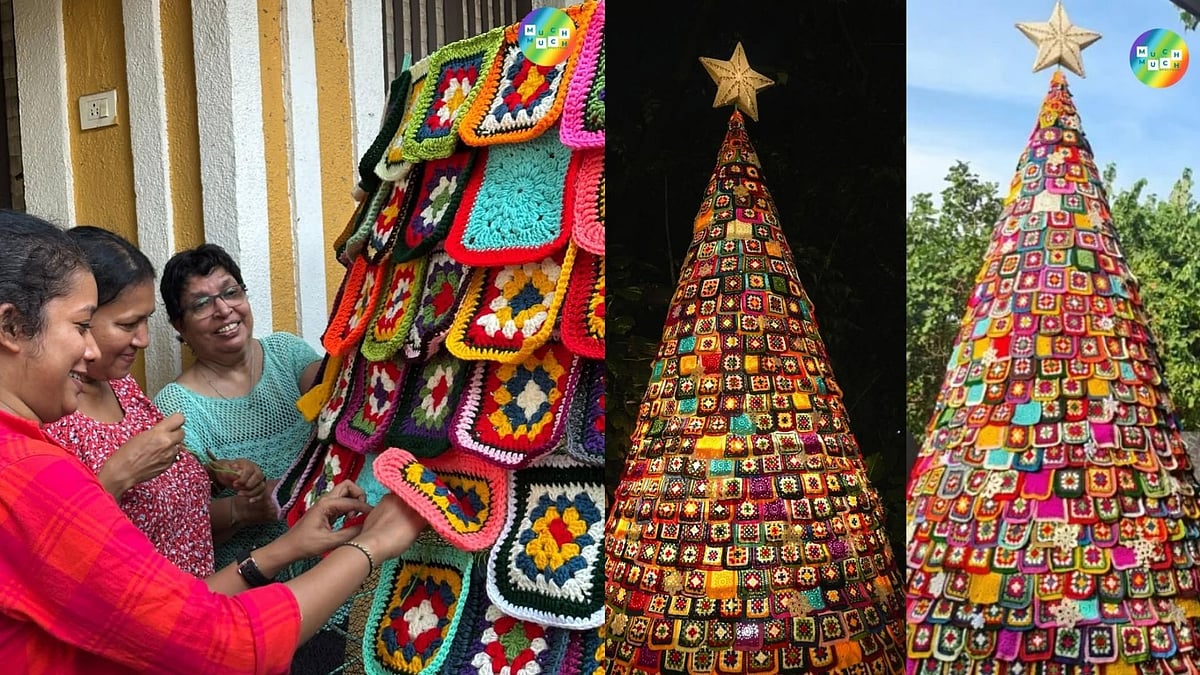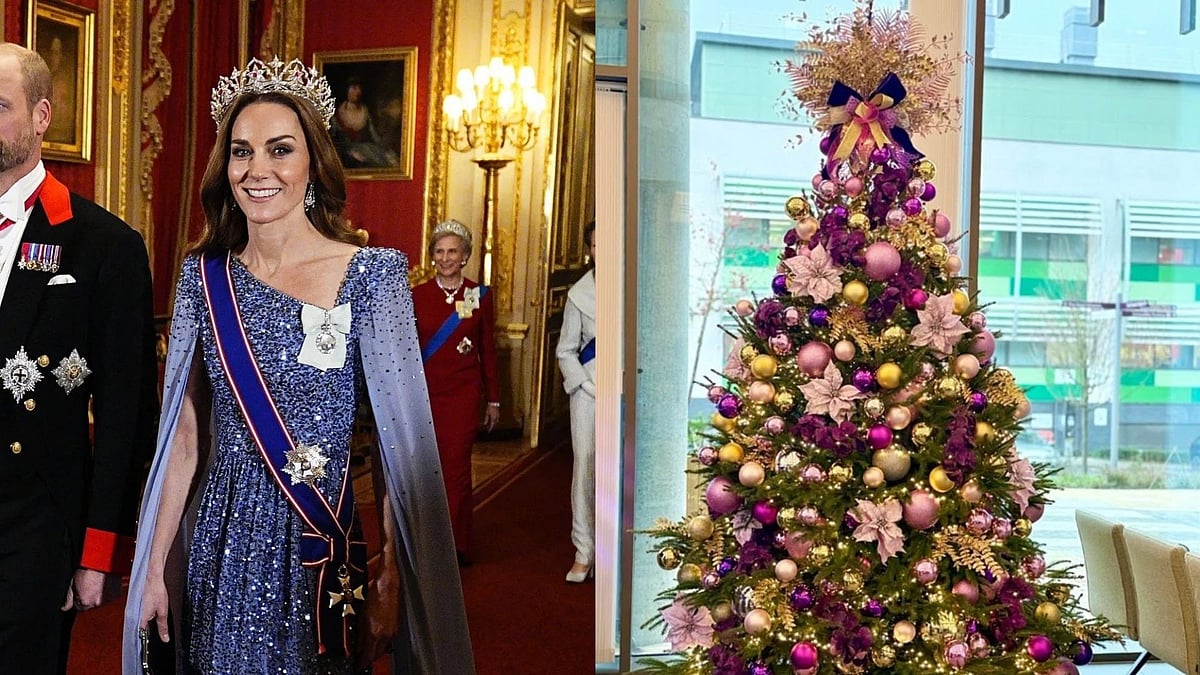For well over two decades, Jayateerth Mevundi has established himself as one of the most prominent vocalists of the Kirana gharana. Hailing from Hubbali in north Karnataka, he is known for his deep understanding of raags, excelling in khayal, semi-classical and devotional forms.
This evening, the 52-year-old singer will present a special concert ‘Malhar Rang – Season’s Melodic Expressions’ at the Yashwant Natyamandir, Matunga West. He will be accompanied by a unique ensemble, comprising Nikhil Pathak on tabla, Sukhad Munde on pakhawaj, Varad Kathapurkar on bansuri and Farooq Latif Khan on sarangi.
Brought up in a family environment of bhajans, Mevundi took to formal music education at the age of 14, first under Arjunsa Nakod, and later with Shripati Padigar, a disciple of Kirana gharana legend Pt Bhimsen Joshi. In an interaction with The Free Press Journal, he talks about the concert and his journey.
Excerpts from the interview:
Let’s begin with the Malhar Rang concert. Malhar is a very wide field, with so many different raags and compositions. How will you structure the concert?
Yes, it’s not an easy choice, since you have raags Miyan Ki Malhar, Gaud Malhar, Sur Malhar, even Chhaya Malhar, some others. I will sing some in the khayal form, but will also present a kajri ‘Saawan Ki Rutu Aayee’. I have also planned a Marathi natyageet song and a Hindi film tune which describes the rain. The idea is to capture different moods and styles, but with the common theme of the monsoon.
Last month, you performed at the Bolava Vitthal concert at Mumbai’s Shanmukhananda Hall. You’ve often sung at this festival, which focuses on Marathi abhangs dedicated to Lord Vitthal. What attracted you to abhangs?
I had heard some when I was a child, mainly sung by Pt Bhimsen Joshi. I would sing them too. But when I took up a job in Goa, I realised they were very popular there. So I learnt some more. When Shashi Vyas of Pancham Nishad suggested I sing them in concert, I prepared properly. Since then, I have been regular. My own compositions of the abhangs Visava Vitthal and Akar Ukar Makar have received a wonderful response.
You’ve grown up in an environment of Kannada devotional music. When did you decided to formally learn?
My mother sang bhajans, and we would have regular sittings at home on Thursdays and on Ekadashi. I would join them and sing along. My parents would take me to Kundgol nearby, where a festival was held in memory of Sawai Gandharva. They felt my voice was developing well, and suggested I learn formally. Nakod Sir stayed near our place. He sang a mix of Gwalior and Kirana, but Padigar Sir was a disciple of Bhimsen-ji. So he taught me totally in the Kirana style.
Could you elaborate on the learning process, under both gurus?
Nakod Sir would teach lakshana geet, how notes were used in different raags like Bageshri, Yaman, Shankara, Durga. This was followed by how to sing the vilambit portion and alaap. The main Kirana lessons came from Padigar Sir. I was with him 15 years. He taught me how each raag should be established, what is the environment of the raag, how to present the bandish, what taan patterns were like, how to sing alaap, and how to implement them in performance. He also encouraged me to listen to the earlier generation of artistes from different gharanas, like Ustad Amir Khan, Abdul Karim Khan, Roshanara Begum, Mallikarjun Mansur, Kesarbai Kerkar, Mogubai Kurdikar, Vasantrao Deshpande, so many others. But when it came to actual implementation, it had to be the Kirana style.
What are your memories of meeting Pt Bhimsen Joshi?
My first concert was in 1995, when Bhimsen-ji gave me a chance to perform at the Sawai Gandharva festival. I was speechless after meeting him, and I couldn’t believe a person of this stature could be so simple. I was privileged to receive his blessings. He always greeted me warmly when we met later.
With your busy concert schedule, how do you manage your riyaz and teaching?
Riyaz happens all the time. In my hotel room when travelling, I do riyaz. As far as teaching is concerned, I have 10 students who come regularly to my place in Hubbali. There are also a couple from Ratnagiri and Bengaluru. I decided not to take too many students, but choose those who have the talent and dedication.
The Hubbali-Dharwad region has a very strong culture of classical music, having produced such great artistes. In the past, many youngsters would learn too. Is that desire to learn still there or has it diminished?
The desire to learn is there, and many people actually begin. But the environment has changed. Because of social media, people want exposure fast. The kind of dedication to do four or five hours of daily riyaz is not there, as young people focus more on subscribers and views. This is not only for this region but elsewhere in India. Talking of Hubbali-Dharwad, the number of concerts has come down. But we get the true listeners. For my part, I have started the Swarateerth Music Festival in Hubbali with the Rithwik Foundation. Here, we give a platform to young artistes, besides inviting senior musicians.
What advice do you give to the younger generation?
All I can say is to focus, and not take the easy route. Today, everything sadly depends on the name the artiste has. Nobody bothers about whether the artiste has done 25 or 30 years of sadhana, or the quality of his singing. It’s all about whether they come on TV, or appear as judges, and how many views they have. There are many wonderful singers, but because they don’t have the views, they are not taken seriously. But the good audiences are still there. I am doing a 12-city tour of the US from next month, and I know there will be good listeners, mostly from the Indian community. Mumbai has many good venues. Whether it is a classical concert in Dadar or Thane, or Bolava Vitthal, we have many true connoisseurs. I am looking forward to similar audiences at Malhar Rang.
